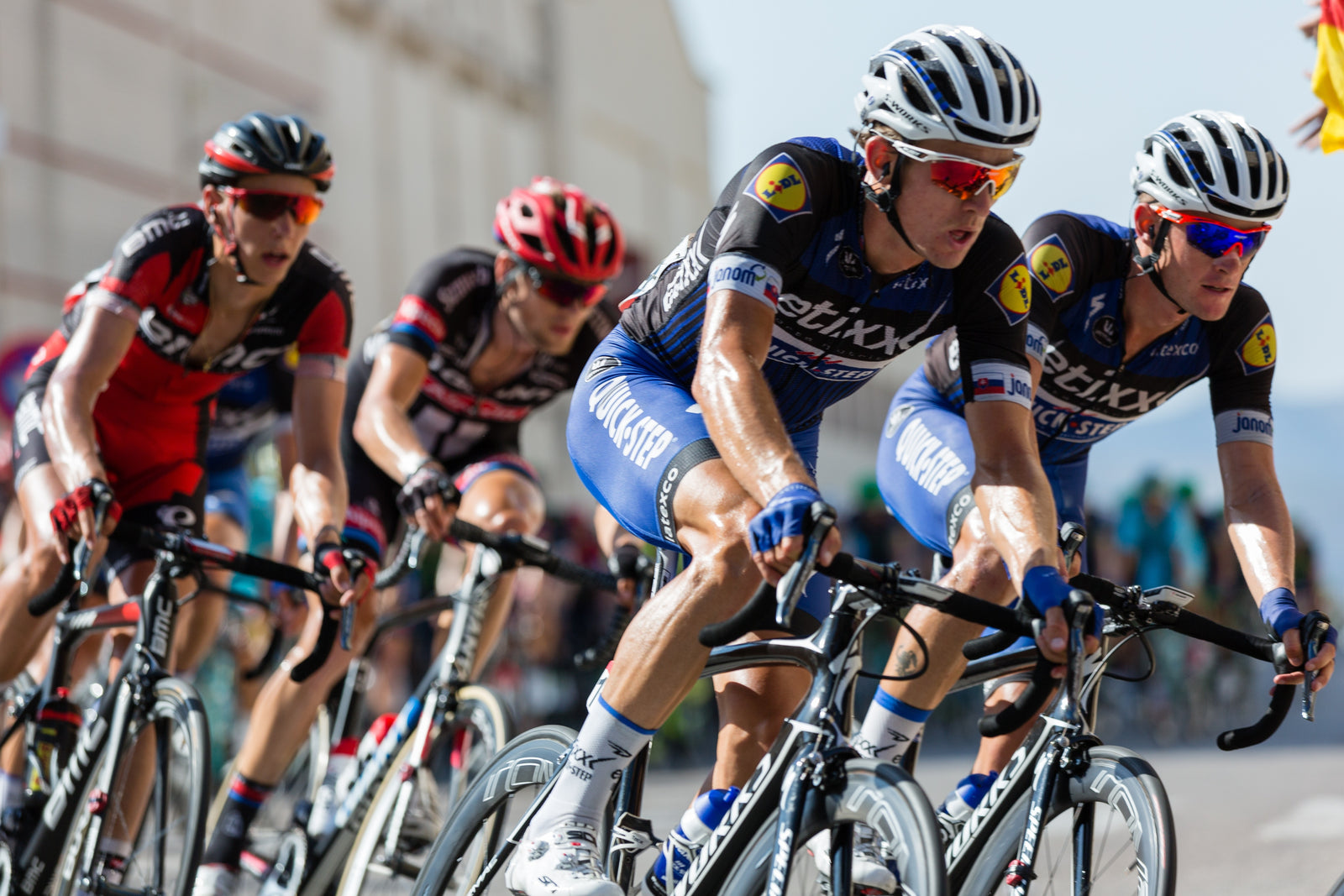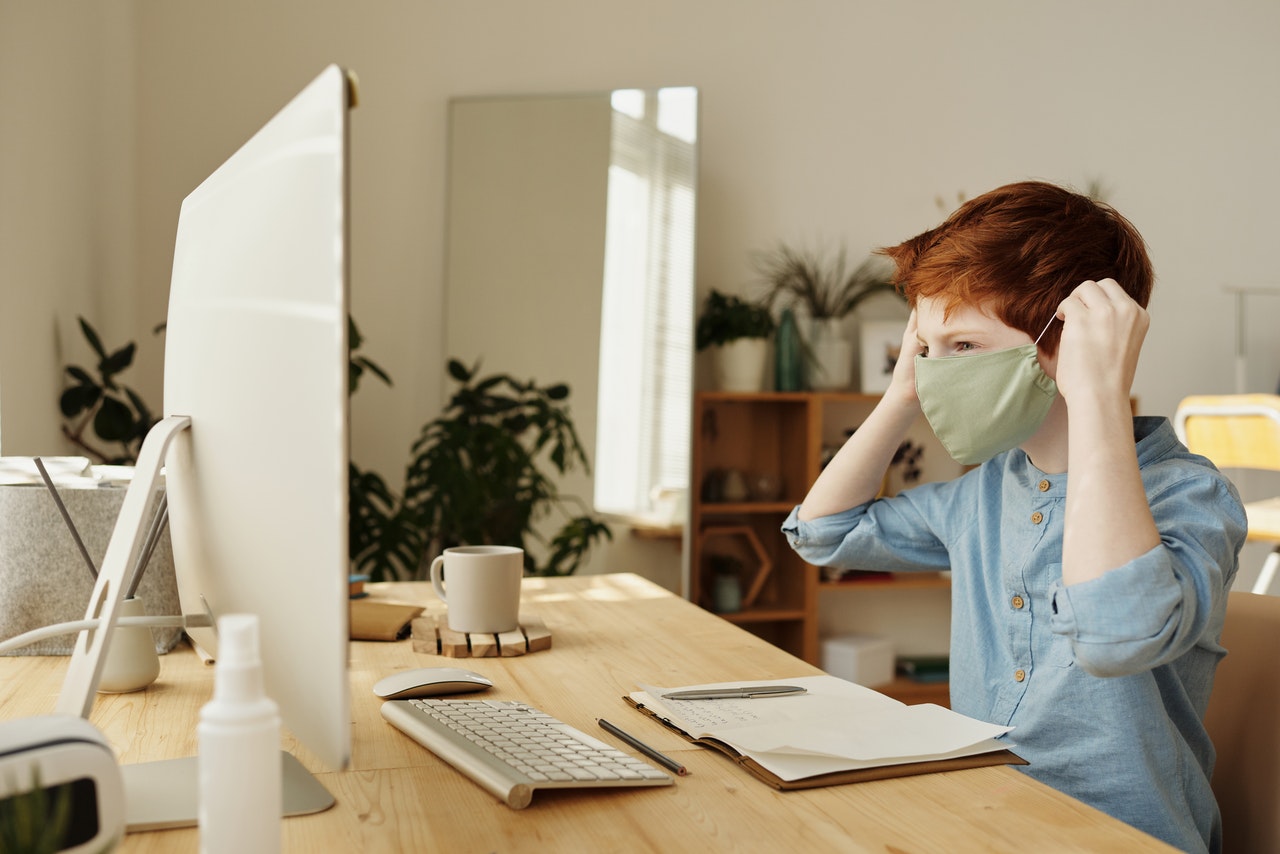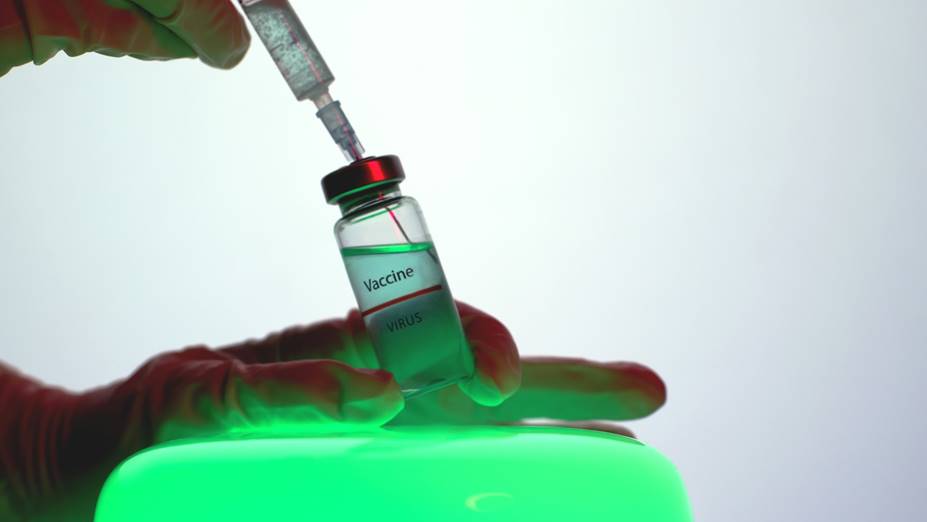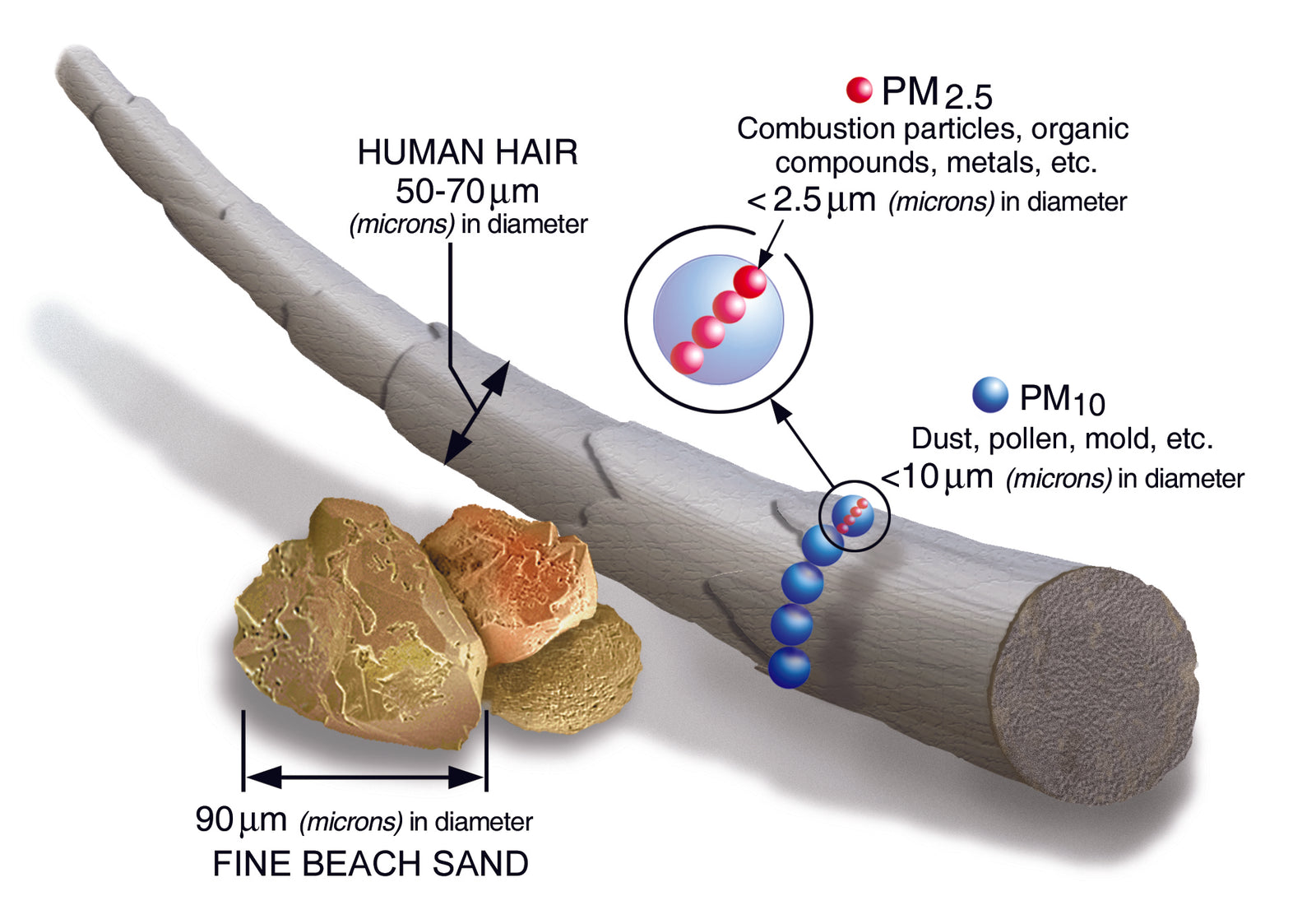The Race Continues

The Tour le France is not only the largest sporting event in the world but, in my opinion, the most grueling and challenging. This year is the 107 edition since the first race in 1903. The Tour has been held every year except for (4) years during World War 1 and (7) years of World War 2. An event where 12 million spectators line the streets to watch the cyclist, I was concerned if the race would be canceled this year. Fortunately, with a 2-month delay, the racers are back on the streets of France. If you tune into the event, you'll notice several changes. You won't see the wine-infused fan draped in their nation's flag running alongside a rider for a brief moment, or the hordes of people cheering on the sprinters at the end of a stage. Still, you will see cyclists not wearing a mask (thankfully) and every fan, support crew, and camera operator on the back of a motorcycle, wearing a mask and practicing some level of social distancing. France recently reported 9000 new cases in a day, yet with these steps, they believe the event can be successful and the spread of the virus controlled.
It begs the question, how is the rest of the world managing this deadly virus, and how do we truly rank with other nations. I started my research via the web, recognizing; it's possible, if not plausible, that not every nation's national news is providing accurate information, similar to the Spanish Flu in 1918. I tapped into my network of International friends and partners to get a first-hand perspective. The discussions have been interesting, and I promise to get to them in the future. Still, this week one of my good partners, Edward, took on the challenge to write for us what he's witnessed—not from a political perspective but as just another human being, contributing to this experiment called Earth.
Let's start with the experts; in October 2019, the Global Health Security Index released a report that assessed and ranked 195 countries for their abilities to prevent, detect, and respond to a biological outbreak. The index asked 140 questions to 21 internationally recognized specialists from 13 different countries. The objective was to measure how prepared individual nations would be if another SARS, Eboli, or other infectious disease occurred. They looked at the country's commitment to international norms, health system preparedness, and risk assessment beyond natural or deliberate biological attacks. The index represents the first globally available set of numbers to assess where nations are and how far they must go to be ready for the next national or global outbreak.
The obvious question is, how did the US fair in the study? That's right, first place in nearly every category, in conjunction with other economically strong nations.

https://www.visualcapitalist.com/global-pandemic-preparedness-ranked/
Overall Rating (scale is 100 points)

The immediate next question is where are we (US) ranked in the battle against Covid-19 in comparison with other nations now? Our World in Data summed it up best:
The data for Slovakia, Thailand, New Zealand, South Korea, and Germany shows that these countries monitored the outbreak well from the start or caught up rapidly after an initial outbreak. Eventually, they were able to bend the curve and bring down the number of confirmed cases, while increasing the ratio of tests to confirmed cases. These are not the only countries that achieved this; you can add for example Austria, Iceland, Slovenia, Tunisia, or Latvia to the chart and you will find similar trajectories.
The data for Brazil, Mexico, the United States, Panama, India, Pakistan, South Africa, and Nigeria show that these countries test little relative to the size of the outbreak. Additionally, these countries report unfortunately still very high daily case counts – their lines are red and far from zero. Our World In Data (September 2020) https://ourworldindata.org/coronavirus
FP Analytics released THE COVID-19 GLOBAL RESPONSE INDEX last month with their list of 36 countries and how they have performed in the battle against COVID. The criterium was similar to those of the Global Health Security Index, one key difference; they had the advantage of hindsight.
Overall Rating (scale is 100 points – top 10 and lowest 10)

We are where we are, and until we collectively change our behaviors, Dr. Fauci warns us to expect our performance not to change dramatically. Our trajectory suggests we'll remain closer to the bottom of the chart than where the world believes we should be. However, I want to get back to Edward. You see, Edward lives in China, and the FP Analytics Index ranked China dead last, giving them 0 points. As I speak to friends and colleagues in the region, I hear more positive information. I want to share his words.
Dear Kelvin:
I don't know how to start because I never write a blog or newsletter. I'm trying my best to write something and hope the messages are helpful.
1. Trust and believe- Jan 24th, 2020 was a big day for every Chinese citizen because it was Lunar New Year's Eve, and every family gathers together to celebrate the Chinese New Year (CNY). Family members usually choose to return to their hometowns to see their parents. It is the tradition here in China. For me, it was a little different because I've got a new baby girl born Nov 27th, 2019, and I chose to stay in Huizhou (it is a coastal city in Guangdong province) to relax instead of going back to my hometown. So, I drove my car from Shenzhen to Huizhou on Jan 18th, 2020, because our company had closed for the CNY holiday.
- In the middle of Jan, we got some news saying that some people got infected by a new virus and this virus can be spread from one infected person to another person by air. We did not believe it because we thought it was a rumor. After a few days and the CCTV released news and proof that it was not a rumor. So, everybody was in a panic at that time. The only thing I could do was to buy some masks and stay at home.
- On Jan 23th, 2020, Wuhan was locked down (Wuhan is a city of Hubei province, Hubei is located in the center of China). Nobody was allowed in and out. President Xi gave this order and also arranged the army with the Medical equipment to Wuhan and was trying to stop the spread. During that period, I learned about the coronavirus. How and why to wear a mask, how to best wash my hands, and the importance of staying home. Everybody had to. "One Will" was the message from our leaders and was to be in his/her mind that coronavirus is very dangerous. Stay at home to stop the spread, protect your family and others.

- Before 2020, I went to the supermarket almost every day to buy vegetables, fruit, meat, and other daily necessity. Still, in the pandemic period, I went to the supermarket only once a week. I was a little bit scared whenever I set foot in the supermarket. After all, you would meet some people, and you did not know if he/she got infected, it felt like the people around you were all the walkers (the walker is a walking dead person in the U.S series of The Walking Dead).
- Every morning as I woke up, I wanted to know the news about new cases in our province and nearby provinces and any recent developments concerning the coronavirus pandemic.
- We would restart work on Feb 1st, but we got another 15 days holiday at that time. After the 15th days, I had to return to Shenzhen and prepare to work, so I got a temperature test and applied for a certificate to prove that I was staying in the housing estate and not going anywhere during the month. They even asked me to use my cellphone to send a message to China Mobile to prove it. This message tracked your movement, so I did, and they let me go.
- When I got to Shenzhen, I had to quarantine seven more days at my house, and then I was able to go back to my company to work. Each time, when I was going in and out of my residential area, the guards would test my temperature with a thermodetector Guards also required me to show my Health Card, which was done with my cellphone. No matter where you go, like a supermarket, hair cut store, restaurant, bank, office, etc., you had to wear a mask and get a temperature test.
- After a couple of months, there were just a dozen infected people here in China, and Wuhan was unlocked, everything was getting back to normal. I remember that it was April or May, we did not have to wear a mask when in an office, but on the bus, metro, airplane, or in some densely populated area, we had to wear a mask. Since July, we haven't had to get a temperature test when going to our industrial park, and we no longer have to wear a mask.
Additional:
(1) One Will during the pandemic:
We believe that wearing a mask is the right thing,
we believe that washing our hands is the right thing,
we believe that our government will take care of us,
we believe that we can win this "war"
(2) Life comes first
- (1) In China, if you got infected by Covid-19, all the costs of treatment in the hospital are covered by our government.
- (2) During the pandemic, the medical team in different provinces came to Hubei province to help them. We called One province to help One city because the infected people in the cities of Hubei is the most. We supported each other.
Edward Wang is our Sales Engineer for G.K. Technology
This weekend, I spent a lot of time riding my bike, half because I'm inspired by the Tour but the other half because it gives me time to think about how we "collectively" are doing as humans during these confusing times. The single message that was with me mile after miles was, "we are one world." Edward's story isn't much different from any of ours. Fear, concern for your family, economic stress, wanting to believe in our leaders, and managing the losses along the way. The loss of freedoms, family, friends, and our heroes make it easy to withdraw, point a finger, believe that our way is the only way. When what we should be doing is opening more to others' opinions, heeding the advice of experts, and listening in on the global conversations to end this pandemic.
I, for one, recognize that the steps I take are not only critically important for my family, friends, and community but the entire connected world. In the end, I believe we'll win this most challenging of races if we all Act Earth Wise.
Also in News

An Unusual Journey to Normalcy

The History of Vaccines: What it Means for Coronavirus

